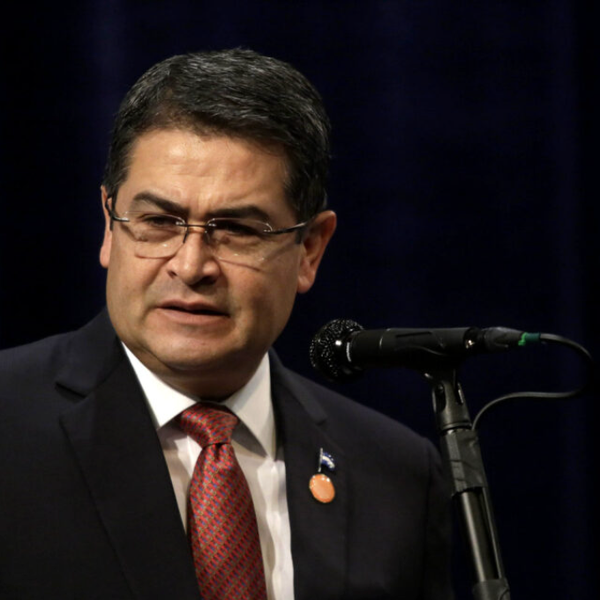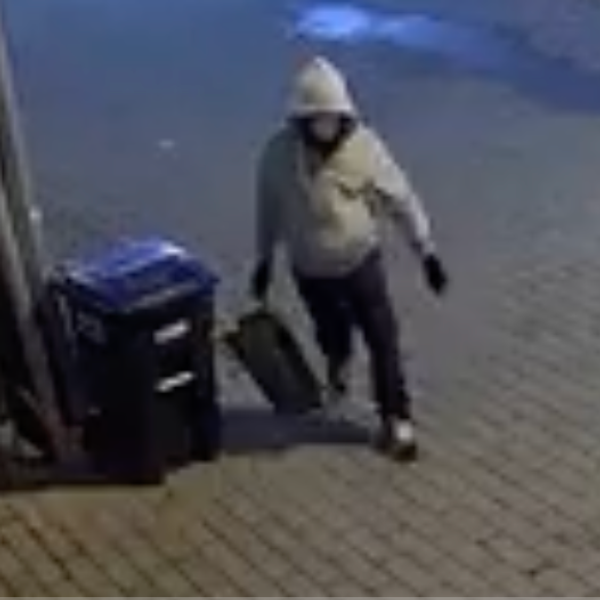Citing Humanitarian Nightmare, Aid Agencies Are Pulling From Europe’s Refugee Prisons

This article originally appeared on Alternet.
“We will not allow our assistance to be instrumentalized for a mass expulsion operation,” declared Médecins Sans Frontières (MSF) official Marie Elisabeth Ingres this week, joining the chorus of major humanitarian institutions pulling their operations from Greek island refugee “hotpots” that have been transformed into nightmarish prisons. “[W]e refuse to be part of a system that has no regard for the humanitarian or protection needs of asylum seekers and migrants.”
As ever-increasing numbers of war and poverty survivors reach Greek islands, the land masses have become ground zero for a newly escalated European Union crackdown, which decrees: “All new irregular migrants crossing from Turkey into Greek islands as from 20 March 2016 will be returned to Turkey.” Before being subject to mass expulsion, refugees are being forcibly held in “hotspots” that were created under a separate EU agreement last year.
The United Nations Refugee Agency wrote Tuesday that, since the deal went into effect, 934 people had arrived in Lesvos alone and are “being held at a closed registration and temporary accommodation site in Moria on the east of the island.” Numerous humanitarian organizations testify that the sanitation and public health conditions at this location are dismal.
The UN agency said it has, until now, “been supporting the authorities in the so-called ‘hotspots’ on the Greek islands, where refugees and migrants were received, assisted, and registered. Under the new provisions, these sites have now become detention facilities. Accordingly, and in line with our policy on opposing mandatory detention, we have suspended some of our activities at all closed centers on the islands. This includes provision of transport to and from these sites.”
Now, other organizations that have been providing critical humanitarian support for the people at Moria—from medical care to hygiene assistance to daily essentials—say they can no longer do so in good conscience.
In a statement released Thursday, the humanitarian NGO Oxfam announced it is suspending all aid operations in the Moria camp to “protest to the suspension of migrants’ rights by the EU and Turkey.” This is the same location that MSF is also withdrawing from.
Giovanni Riccardi Candiani, country representative for Oxfam in Greece, rebuked the detention of people “who committed no crime and who have risked their lives in search of security and a better future.” He added: “Our withdrawal from Moria is a tragic testament of how the migration crisis is gradually developing into a moral crisis in Europe.”
Citing similar concerns, NGOs are pulling from “hotspots” at numerous Greek islands. Save the Children announced Wednesday that it has suspended all activities on Lesvos, Chios, Samos, Kos and Leros “related to supporting basic services at all detention centers on the Greek islands due to extreme concerns that newly-arrived vulnerable children and their families are in danger of unlawful and unjustified custody for sustained periods of time.”
“We already know that among those being detained are unaccompanied children who are particularly vulnerable as they require specialist support and protection which they cannot receive in their current environment, and we remind authorities that the detention of children is unlawful and never in their best interests,” said Janti Soeripto, interim CEO the international non-governmental organization.
Meanwhile, the Norwegian Refugee Council announced that it is halting activities at the Vial “hotspot” in Chios, noting that, as of March 20, location “has changed from an open registration facility into a closed detention center.”
The horrific treatment of refugees and migrants, meanwhile, does not stop at the makeshift prisons. Those deported to Turkey face a country where Iraqis and Afghans, by law, cannot receive refugee status—and are therefore subject to forcible deportations.
According to Amnesty International, the very day that the EU refugee crackdown was announced, roughly 30 Afghan asylum seekers were deported to Afghanistan by Turkish authorities. “The ink wasn’t even dry on the EU-Turkey deal when several dozen Afghans were forced back to a country where their lives could be in danger,” said John Dalhuisen, Amnesty International’s director for Europe and Central Asia.
Meanwhile, in perhaps the most cynical aspect of the EU deal, Syrian refugees are cast as bargaining chips to be traded with Turkey, currently home to an estimated 1.9 million refugees. “For every Syrian being returned to Turkey from Greek islands, another Syrian will be resettled from Turkey to the EU,” the agreement states. It is not clear what this resettlement to the EU will look like, and reports are emerging that caps have been set extremely low.
Meanwhile, humanitarian crises are breaking out at the Athens port of Piraeus in Greece—a country whose people and public infrastructure have been ravaged by EU-enforced austerity policies. Human Rights Watch reports that thousands of asylum-seekers and migrants at the port face “appalling conditions as the crisis for people trapped in Greece due to border closures intensifies.”
Eva Cossé, Greece specialist at HRW, said: “The suffering in Piraeus is a direct consequence of Europe’s failure to respond in a legal and compassionate way to the crisis on its shores.”
“I’m diabetic, my leg was amputated because of the diabetes,” Muhammad, a 60-year-old Syrian man in a wheelchair, told HRW researchers at Piraeus. “All day and all night I’m sitting in my wheelchair.” Muhammed reportedly explained that he and his family have applied with the EU for relocation to Sweden, to join relatives there. “If they tell me to go to to Turkey, I’ll go to Syria,” he said. “I’d rather die in my land. We’re Kurds, we don’t feel safe in Turkey.”
Sarah Lazare is a staff writer for AlterNet. A former staff writer for Common Dreams, she coedited the book About Face: Military Resisters Turn Against War. Follow her on Twitter at @sarahlazare.
Photo: Migrants and refugees stand by a fence at a makeshift camp at the Greek-Macedonian border near the village of Idomeni, Greece, March 27, 2016. REUTERS/Marko Djurica








